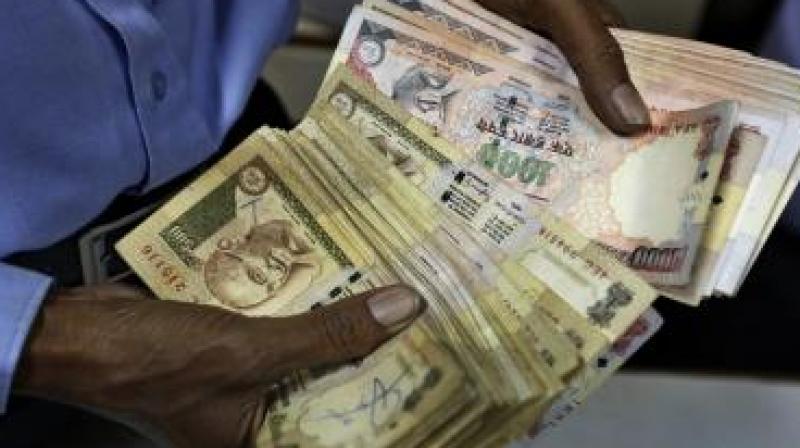Note ban, GST to improve tax compliance, fiscal maths: report

New Delhi: Demonetisation along with GST will improve tax compliance and fiscal balance of the government and have a positive impact on the Indian economy in the mid to long term, says a report.
According to Lendingkart Group and Dun & Bradstreet Insight Study, demonetisation of high-value notes is a step in the right direction to curb illicit economy and moving towards a cash-less and transparent economy.
"While this move is expected to impact overall GDP growth negatively in the immediate future, it will benefit the economy in the medium to long term," Dun & Bradstreet India Lead Economist Arun Singh said.
He noted that even if this measure does not eliminate the cash flow of black money, it would certainly raise the costs and risks of such activities significantly in future. "Improved tax collection, increase in savings, transparency in the system and proliferation of a cashless economy are the big positives for the economy going ahead," Singh said.
From a credit provider's perspective, as cash based money- lenders shut shop, lack of adequate 'cash' in market will lead to increase in credit demand from formal sources, the report added.
"Today for any corporate, the market size is limited by a very small section of population dealing in digital money. But now, as digital money is adopted across sections of population, our NBFC will have a much larger addressable market," Lendingkart Technologies Co-founder and CEO Harshvardhan Lunia said.
As per the study, while impact of the measures would cause disruption and ambiguity in the short term, there will be positive implication in the long run. Sectors with high proportion of cash-based transactions will witness maximum disruption. These include real estate, retail, jewellery and luxury brands, among others.

